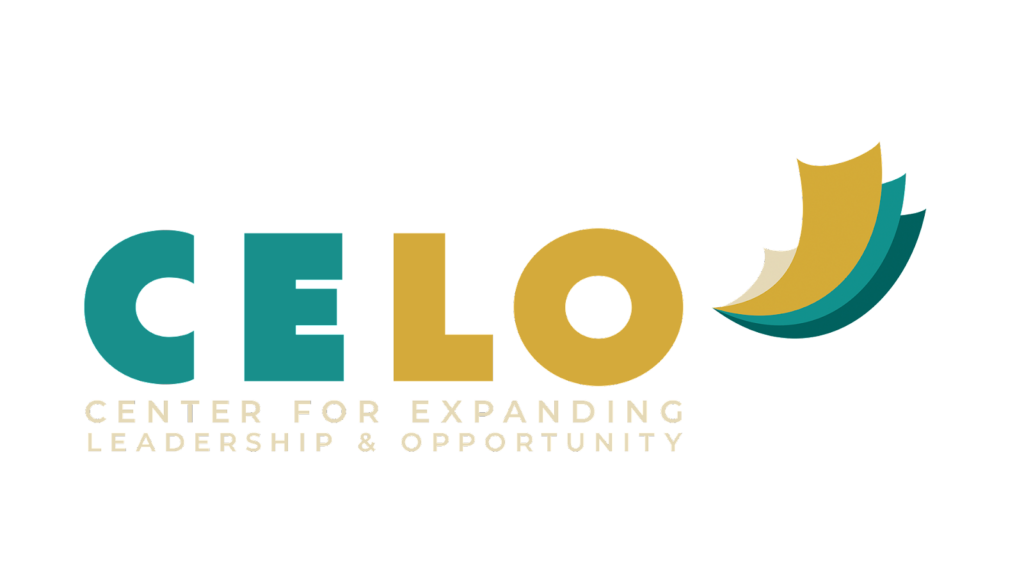If you enjoy listening to smart people talk – go no further, we have a must listen for podcast geeks (and others) to download. The NASPA Student Leadership Podcast, hosted by Myles Surrett, is both fun and informative, and recently they have focused on various aspects of the Multi-Institutional Study of Leadership (MSL). Over the next few days, we will introduce you to a few key episodes that shine the light on the MSL.
In episode 8, Myles chats with MSL co-creator and Principal Investigator, John Dugan. We learn that John spent last summer in Rome in a former nunnery, uses consumer tweeting to great effect, and has been dubbed a “pracademic” – driven by the practical questions that relate back to his work.
One of the highlights for John of running the MSL is the opportunity to see many different programs with unique missions doing “extraordinary work.” John was asked: “If you could participate in one leadership program at one higher education institution, which would you choose?” Truly a tough decision! While he did hint at his favorites (listen to the podcast to learn which), John is inspired regularly by the amazing work going on in the field of student leadership development across the spectrum of schools that implement the MSL.
John discusses three main changes that have occurred since the MSL began in 2006, while it has grown to be the most comprehensive study of leadership development available:
First, the social change model (SCM) was not part of the dominant dialogue outside of college student leadership development, so a key goal was to validate it. This was done, and the theoretical underpinnings of the MSL have continued to both build upon and expand beyond the SCM.
Second, over the past ten years leadership programs have evolved and expanded. In 2006, leadership programs were “booming” however they targeted positional leadership. Now the focus is much more on cultivating leadership in all students.
Third, the MSL has contributed greatly to evidence-based practice. John mentions that when he began his graduate program at UNLV, there were many “best-practices” but little empirical evidence to back up their use – “it was kind of like you would take some spaghetti, throw it against the wall, and see what stuck. And hope that it made a difference.” Thanks to the MSL, high-impact practices can be identified and implemented.
Leadership capacity isn’t developed in a bubble – it requires development of related skills, such as efficacy, critical thinking skills, resilience, social perspective taking – this serves a type of “map” to use when designing and implementing leadership programs.
A key challenge that John discussed is how to diffuse and disseminate the learning that has come from ten years of the MSL. For example, dialogue has emerged as a key component of leadership education programs, yet there are still programs which do not include it.
To hear more from John Dugan, such as his thoughts on engaging students with leadership theory and the role of power and control in college student leadership, not to mention why he was in a nunnery in Rome, tune in to the NASPA Leadership Podcast, hosted by Myles Surrett, and available from iTunes or SoundCloud.
